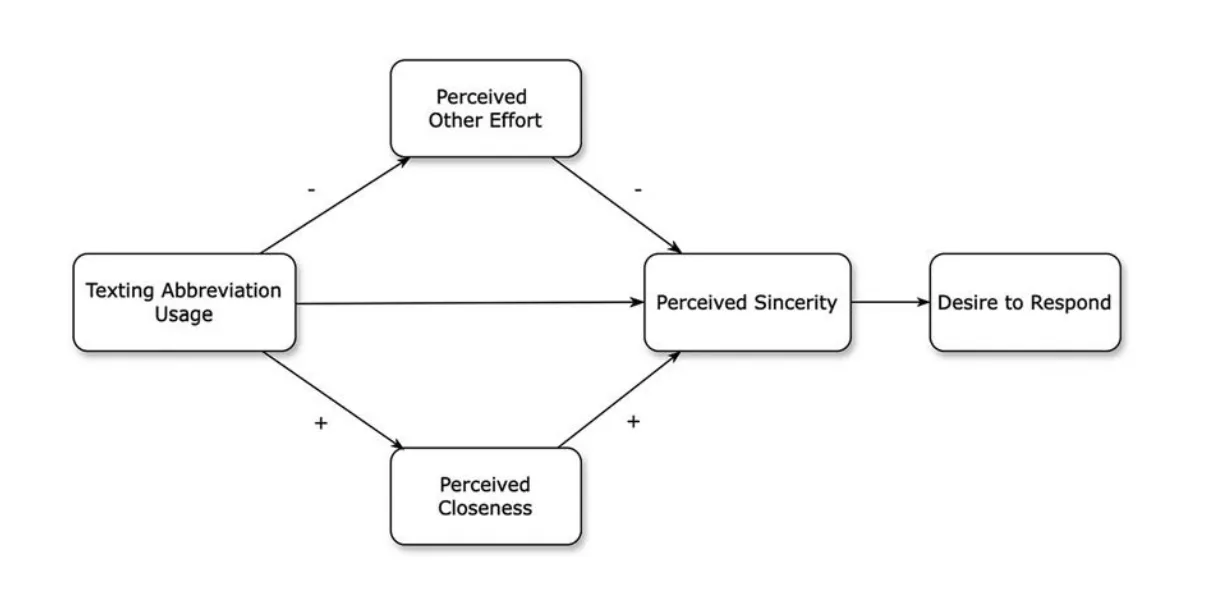I’ve a pet peeve. (Really I’ve many pet peeves however will deal with only one for brevity’s sake.) It has turn into more and more frequent to shorten the phrase “I like you” to “Love you.” Each in verbal and written communication, “love you” has hijacked the extra labor intensive “I like you.” I suppose two syllables require much less effort than three. Maybe “Love you” is rather less cringy for a 13-year-old boy to listen to his mother shout from the automotive when she drops him off at soccer apply than “I like you.”
In accordance with the principles of primary grammar everybody learns in center faculty, within the sentence “I like you” the “I” is the subjective pronoun, which means it’s the one doing the loving and the “you” is the target pronoun, indicating the one who is cherished. Dropping the “I” dilutes the verb. It says I care however not sufficient to take possession of the motion.
Eliminating the “I” makes it rather less private however isn’t that the purpose of claiming I like you? I can’t assist however assume that once we take away the “I” that we’re additionally distancing ourselves from the sentiment. “Love you” is extra informal but additionally much less critical and heartfelt. It rolls off the tongue however I might argue that it additionally falls flat. Certainly, listening to “I like you” out of your associate or your buddy means much more than the expedient “love you.” In my humble opinion, if you will say it, imply it.
Alongside these strains, I used to be not stunned after I learn a current research that discovered that a sender who makes use of abbreviations in textual content messages is perceived to be much less honest and can be much less more likely to obtain a reply than a sender who spells phrases out.
In accordance with the researchers: “Texting abbreviations negatively have an effect on interpersonal communication by reducing perceived effort, which in flip results in decrease perceived sincerity and responsiveness.”

Writing “thx” as a substitute of “thanks” leaves the impression that the sender can’t be bothered to speak in a substantive manner. Is writing these two further letters actually that point consuming and exhausting? The subtext of a closely coded message is obvious: I’m too busy or too essential to concern myself with such trivial issues. Because the research highlights, if you’d like somebody to point out that you just care and to obtain a response, take some time to put in writing “Comfortable Birthday” as a substitute of HBD.
Along with speaking low effort, abbreviations also can result in confusion. I heard a narrative about somebody who used LOL assuming it meant “plenty of love.” It was solely after he despatched a condolence textual content to a buddy whose father had died and signed off with LOL that he realized it meant “laughing out loud.” Word to self: when unsure, spell it out.
To not be a hypocrite however I can’t assist however assume that the abbreviations beneath get a go…

I want you all one of the best,
Dr. Samantha Boardman




